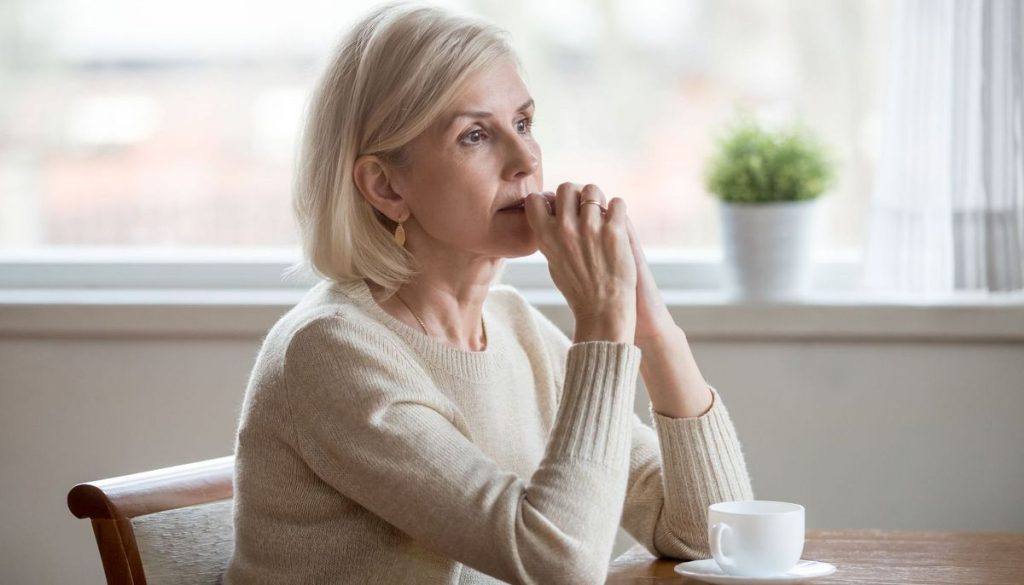43 percent of adults aged 50 or older had moderate to severe signs of depression at the start of the COVID-19 pandemic, and these signs have increased over time. Loneliness was likely associated with worsening depressive symptoms, but family conflicts, duties to care for loved ones, or separation from family also increased the likelihood, with women affected more.
In general, older adults were twice as likely to develop symptoms of depression during the pandemic than they were before the pandemic. This was particularly notable among those on low incomes and those in poor health – either because of pre-existing illnesses or because they were concerned about their health.
The Covid-19 pandemic has had a disproportionate impact on the elderly, with much stronger effects on people on the fringes of society. The findings suggest that the negative mental health effects of the pandemic may persist and worsen over time,” said Professor Parminder Raina, of the McMaster University Research Institute on Aging in Ontario.
The research team used data from telephone and web-based surveys to examine how health and social factors such as income and social participation affected the incidence of depressive symptoms during lockdown as of March 2020 and after the first wave of Covid-19 in Canada. Effect.
those: DOI 10.1038/s43587-021-00128-1

“Total coffee aficionado. Travel buff. Music ninja. Bacon nerd. Beeraholic.”








More Stories
Coral Seeding: Artificial Insemination Makes Coral More Heat Tolerant
Fear, Anger, and Denial: How People Respond to Climate Change – Research
LKH Graz: Using radiation to combat heart arrhythmias